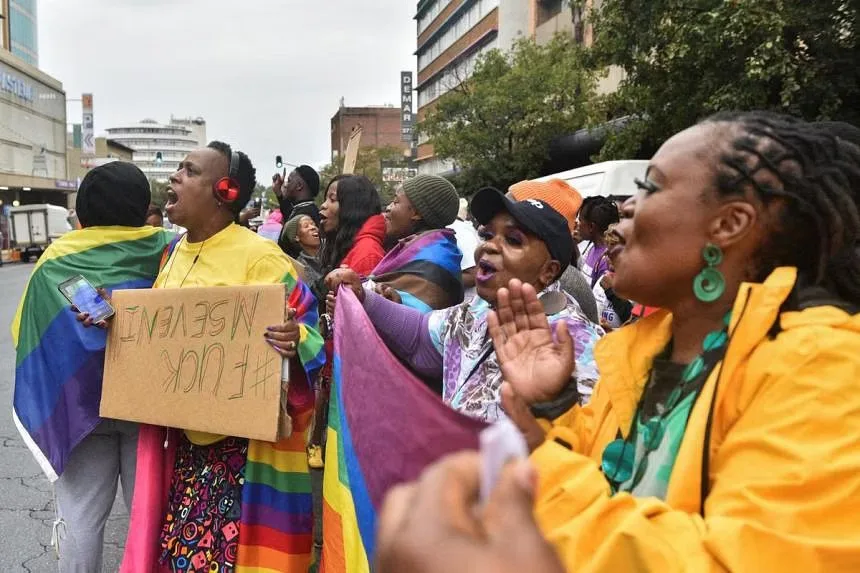
According to the petitioner’s attorney, a Ugandan court on Tuesday rejected a petition filed by an LGBT advocacy group asking the government to register it.
In 2015, Sexual Minorities Uganda (SMUG) initially brought legal action in the nation’s high court when the government’s registrar of companies declined to list it, citing its name as “undesirable” as the reason behind the organization’s illegal operations.
Additionally, it stated that at the time, the organization supported the rights of those whose way of life was made illegal by Ugandan legislation. The Ugandan government ceased SMUG’s operations in 2022 due to non-official registration.
Since the British colonial era, same-sex relationships have been prohibited in Uganda. In May, the nation passed one of the most anti-LGBT laws in the world, which forbade the “promotion” of homosexuality.
Tuesday’s decision concerned an appeal of a 2018 lower court ruling that had been rendered against SMUG, one of the most well-known LGBT rights organizations in Uganda.
READ ALSO: According to WFP, food assistance for Sudanese refugees in Chad may cease next month
“(The) court ruled that since the objectives of Sexual Minorities Uganda (SMUG) were actually to promote the rights and welfare of people whose conduct is criminalised under the laws of Uganda, then the registrar was right that the name was undesirable,” the attorney for SMUG, Edward Ssemambo,
The appeal court that rendered the decision is the same one that serves as the constitutional court, which is scheduled to make a decision shortly regarding a challenge to the Anti-Homosexuality Act—which imposes the death penalty and up to 20 years in jail for specific same-sex offenses.
In December, the court heard arguments regarding a challenge to the law. LGBT rights advocates say they anticipate a decision shortly.
Ssemambo stated that the decision on Tuesday was “not reassuring” in light of the impending ruling on the anti-LGBT bill, despite the fact that the petition addressed more general political and economic concerns that might influence the judges’ decision-making.
Editing by Aaron Ross and Lucy Marks



